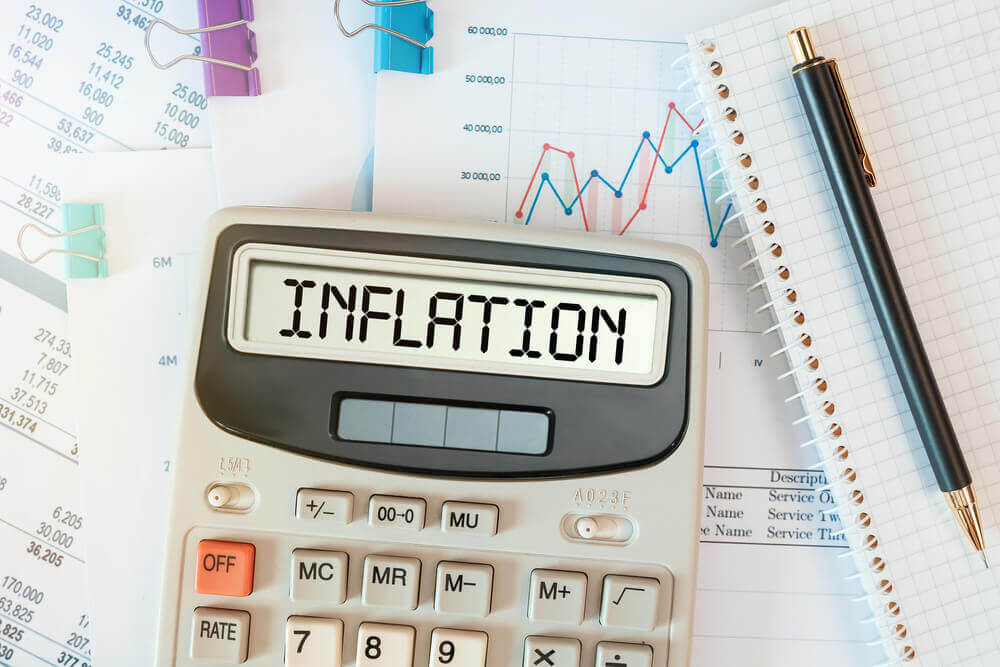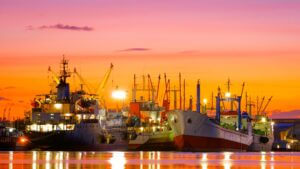According to Australian Prime Minister Anthony Albanese, he noticed inflation recede in his country on Saturday but warned that expense-of-living pressures stayed.
The data from this week showed that Australian inflation had reached its lowest point in eight months in February. It was partly due to low holiday travel and housing costs, fueling the case that the Reserve Bank of Australia (RBA) will halt its rate hike cycle at a meeting on Tuesday. Reuters.
Albanese told reporters in Melbourne that the results were satisfactory, and the trend was heading in the correct direction this week with the numbers.
He added that inflation stayed a “real issue” and a “global phenomenon,” campaigning with the Labor Party candidate for the federal seat of Aston in Victoria, where a by-election was being held.
Persistent inflation has been a challenge for the RBA, which, last month, raised its rate to the highest level in over a decade.
Due to inflation, the expenditure on living has evolved into a fundamental political problem and was the principle of last weekend’s election in New South Wales, the country’s most populous state.
The most delinquent data from the Australian Bureau of Statistics, published on Wednesday, directed the monthly consumer price index (CPI) to rise 6.8 percent in the year to February, the most lagging rise since June.
Reserve Bank of Australia raised interest rates
Australia’s central bank raised interest rates by a 0.25%. Fed needs further tightening of monetary policy to quell stubbornly high inflation, pushing up currency and bond yields.
At its first meeting of the year, the Reserve Bank of Australia increased rates to 3.35 percent. In an anticipated decision, it was the highest level after September 2012. In his statement outlining expectations for further hikes, Governor Philip Lowe rejected last year’s comment that the bank was not on a predetermined path on interest rates.











